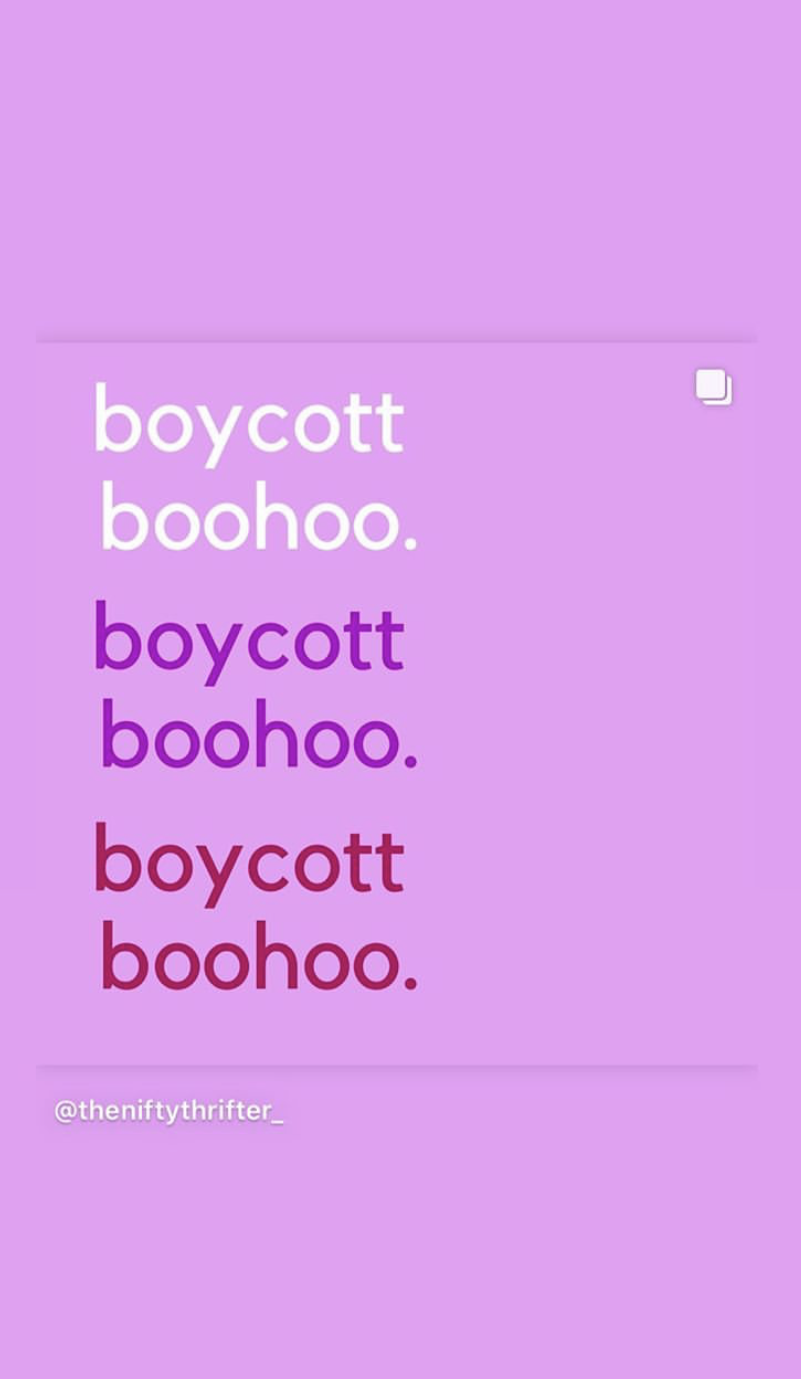There is no ethical consumption under capitalism - Fast Fashion Series Part V
- evanscm19
- Apr 24, 2022
- 4 min read
Updated: May 22, 2022
This series on the fast fashion debate has been long, and often disheartening. I feel I have highlighted a series of issues regarding the modern-day fashion industry including exploitation, neo-colonial undertones, issues of class and wealth, as well as the appeal of such a model of production to consumers, and the pain of its producers largely hidden. I have given many problems, but I have offered few solutions. One may be thinking that one will be offered, but I don’t believe I can be held accountable to introduce one. Instead, I will turn the discourse to why this debate has become so heated (especially on social media)? Why are people blaming each other, as individual consumers, for structural issues of inequality that have been discussed in this series?
The Result of Neoliberalism?
I believe that this argument is the result of neoliberal society, as the emphasis increasingly becomes on the individual as a consumer, rather than a member of a collective society, and “whose democratic choices are best exercised by buying and selling” (Monbiot 2016). This ideology and economic structure greatly influence how we see each other and how we hold each other to account. Therefore, I can see how sustainable consumers are quick to shame those who choose to consume fast-fashion brands. However, it fails to look at the bigger picture, including structural inequalities, in the Global North and South, which have been discussed throughout this series. For someone’s personal ethics and morality, the choice to boycott fast fashion brands and to exclusively shop sustainably may feel like they are making a difference, but, the fast fashion industry is only growing. This leads us to the notion of whether boycotting fast fashion brands is a sustainable way of fighting back in itself.
Should we Boycott Fast Fashion, then?

Photo from Red Bubble
Breen (2020) states in their research that boycotting these companies is not exactly the solution, as the consequences land on the garment workers themselves. Although Boohoo lost £1.5bn in value after its scandal, it still exists and is growing by the day. Thus, the boycotting of these brands may, on the surface, seem a viable option to create a more sustainable world, but in fact, it can often do more harm than good and is not always a sustainable reaction.

Photo courtesy of The Tab.
However, a counterargument has been made that this thinking could be “fall[ing] into being a sympathetic beneficiary of a colonialist system” (Stanton [no date]). Whilst I agree, the only solutions these same author offers are to boycott and “make noise”, “buy better” and “stay humble” (Stanton, [no date]). These options are repeated on many other platforms that are anti-fast fashion (Labour Behind the Label, [no date]; The World Counts, [no date]). However, they focus on the individual as a consumer and hold said consumer accountable for the neo-colonialist system of the garment industry. I can admit that we all have some degree of agency and responsibility to each other, but this system is exactly that – a system. The tactic of ‘making noise’ only really works when those who make noise have a platform for that noise to be heard. ‘Buying better’ still puts the focus on consumption rather than fighting for systemic reform. ‘Stay humble’ blames the individual for not being ‘educated’ enough on issues, despite these issues being absent from school curriculums or Western media. All 3 options offered to combat fast fashion are suggestive of an individualist ideology.
There is no such thing as ethical consumption under capitalism
This brings us to the idea that there is no ethical consumption under capitalism. This argument has been circling leftist circles on social media in form of memes, so has clearly gained popularity amongst users. A 2012 study “found that there was ‘no significant difference’ between the carbon footprint of those who consume ‘ethically’ and those who do not” (The Corvinus University of Budapest, 2012 cited in Pope 2018). It further acknowledged that ‘sustainable lifestyles’ are inaccessible and unaffordable for working-class people, as they battle low pay and long working hours (ibid).

Photo courtesy of Meme Generator
Therefore, from a Marxist perspective, it suggests that although consuming ethically appears to be better, it has little difference and that it is still consumption of a product that is produced by a worker who is exploited for their labour in some way. This ought to provoke questions on what does it mean to be an 'ethical company' or an 'ethical employer'? Are exploitative conditions inescapable under neoliberal order? Is there truly no ethical consumption under capitalism? This series of posts certainly lean toward agreeing with this statement, although I do think it is still a grey area.
Thank you for following this series on the fast fashion debate. I hope that it has introduced nuanced approaches and shown that the solution isn't quite as obvious as some may think. This is exactly why I named the series, 'Why Nobody wins' as each perspective seems to be met with defence and debate.
Bibliography
ASOS [no date]. ASOS Premier Delivery. Available at: https://www.asos.com/payments-and-deliveries/premier-delivery/.
Breen, K. 2020. CLEANING UP FAST FASHION. RSA Journal 166(2), pp. 34–37.
Deschanel, B. 2021. 'Why No One Wins the Fast Fashion Debate' [Youtube]. Available at: https://www.youtube.com/watch?v=XT6Hwx20m5M [Accessed: 17/02/2022]
Monbiot, G. 2016. Neoliberalism - the ideology at the root of all our problems. The Guardian 15 April. Available at: https://www.theguardian.com/books/2016/apr/15/neoliberalism-ideology-problem-george-monbiot.
Pope, O. 2018. Why there is no “ethical consumption” under capitalism. FightBack: The Marxist Vocie of Labour and Youth 23 January. Available at: https://www.marxist.ca/article/why-there-is-no-ethical-consumption-under-capitalism.
Stanton, A. [no date]. What actually happens to garment workers if we boycott fast fashion brands? Available at: https://www.thegoodtrade.com/features/garment-workers-fashion-boycott [Accessed: 2 May 2022].





Comments